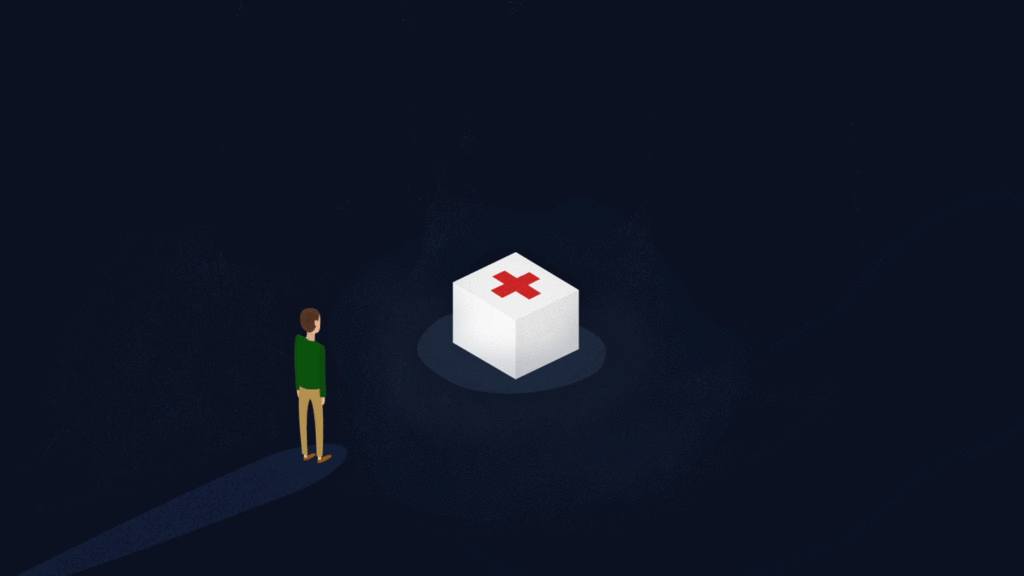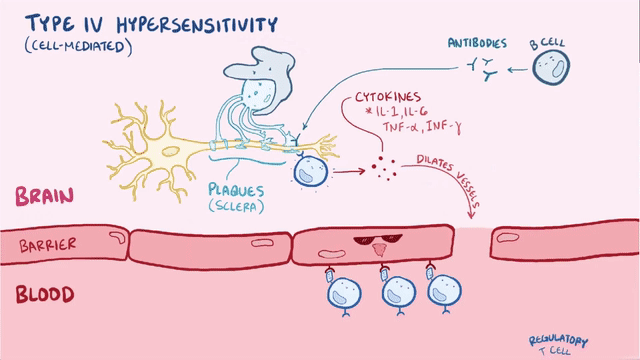Preface to MBA in Health Care & Hospital Administration
Compared to other business management streams, the MBA in HealthCare and Hospital Administration is a comparatively new choice for students pursuing health care. The stream created many MBA healthcare jobs in this industry that helped to broaden the healthcare and hospital management market. MBA is a two-year full-time postgraduate degree in healthcare and hospital management. The eligibility to enter the course is a Bachelor’s degree with 50% of a recognized university in each discipline. MBA is split into four semesters, every six months of hospital management.

It is the best option for applicants who know the health sector and who are willing to work diligently in the healthcare industry. An effective health care career needs people with strong skills in communication and the ability to communicate with people effectively. Applicants with a degree in health-related fields such as health science, life sciences, physiotherapy, microbiology, and medicine have additional value when taking the class.
Professionals who required an MBA degree in the health industry:
In addition to encouraging candidates to develop expertise on the subject, MBA in healthcare and hospital administration prepares them to be intuitive and alert to emerging trends in the industry. Candidates with solid experience and leadership skills in the management of vast corporate systems are offered healthcare MBA jobs and MBA hospital management jobs. Not to mention, as with all other industry management, applicants have a range of careers in health care. MBA professions are primarily linked to top companies such as Sharda Hospital in healthcare.

In the following industries, MBA in hospital management also seeks scope:
- System of Public Health
- Management of the hospital
- Laboratories of clinical study
- Consulting firms for hospitals
- Organizations for pharmaceutical development
- Health care careers
Designations
A deeper understanding of jobs in the healthcare industry, in which applicants obtain enticing packages and tremendous work satisfaction, is offered by the following list of designations:
- Healthcare Information Manager
This person is the hospital’s knowledge base and processes all hospital information. The role also ensures that digital units function correctly for efficient data processing.
- Hospital Administration
Both hospital management and payment processes are managed by an administrator. The position calls for strong leadership skills that can help create new and improved strategies that meet with government requirements so that the hospital can provide its services efficiently.
- Hospital CEO
The manager maintains financial reports and makes sure the proper functioning of the hospital. This is a higher management approach.
- Hospital CFO
This is an advanced administrative position in which the planning, financing management, and the maintaining of hospital records are all based on decisions.
- Medical Practice Manager
The healthcare practitioner provides budgeting and oversees hospital personnel schedules, training, and management.
- Coordinator oncology
This role is particularly linked to a hospital’s cancer units. A coordinator provides quality treatment for patients and partners with other hospital disciplines to provide proper care for cancer patients.
- Pharmaceutical Production Manager This position is due to the research, the evaluation, and the development of new medicines and devices promotional campaigns.
- Physician Relation The player works in coordination with the marketing, sales, and development teams.

Advantages of working in the healthcare industry
- Opportunity to travel – Throughout Germany and the world, people need skilled medical professionals. Your profession is not geographically confined. From big cities to emerging nations, there are job opportunities all over the world. In the medical industry, every sector worldwide is in high demand. If you ever thought you could travel the globe, you could! You could! And you can spread healthcare, make money, and support people all over the world simultaneously.
- Flexible work hours – Since hospitals and other health centers provide 24/7 care, it takes all those hours to operate. This means you can organize your workaround. Please say farewell to a 9 to 5 day of work. You can be able to work later in the day if, for instance, you have to pick your children up after school. This helps you to contribute more closely and to strike an improved and satisfying work-life balance. It can also be helpful if you ever plan to return to school to get an advanced diploma.
- Better payment and improved benefits – Since the healthcare sector is constantly searching for new jobs, the earnings and benefits relative to other sectors are almost always higher. Indeed, the Labor Statistics. Average Rs. 4 lakhs per year was charged by some of the best-paid professionals. Rather than jobs in other sectors, the advantages that are offered are much greater.

Conclusion
The idea of opening medical jobs in India goes beyond hospitals. In recent years, the Indian health care industry has seen significant growth. For health professionals who are searching for employment, the online presence of the health sector has created limitless opportunities and challenges. Patients are linked with licensed pharmacists, testing centers, and medical products online to meet their comprehensive medical needs and ensure maximum savings with a short delivery period. We also made health care an exciting field for free online consultation with trained physicians and specialists and the management of digital prescription records. The driving force for this growth is knowledge of well-being and superior healthcare.




















